"We can import goods from Europe and the US to Russia via Kazakhstan. Completely bypassing sanctions," Imex-Expert, a Russia-based company, advertises on its website.
Companies like Imex-Expert are part of a network that helps keep computer chips, lasers and other dual-use products flowing from the United States and Europe into Russia through former Soviet republics, according to Western officials and data compiled by the Wall Street Journal .
An analysis of United Nations trade data shows that exports of dual-use goods, which can serve both civilian and military purposes, from the United States and the European Union (EU) to Russia's neighbors increased sharply in 2022. Exports of these goods from those countries to Russia also increased correspondingly.
Total US and EU goods exports to Armenia, Georgia, Kyrgyzstan, Uzbekistan and Kazakhstan rose to $24.3 billion last year from $14.6 billion in 2021. Exports from these countries to Russia also increased by nearly 50% in 2022, to $15 billion.
Dual-use goods are traded in significant volumes. According to UN data, the US and Europe exported $8.5 million worth of integrated circuits to Armenia last year, 16 times more than in 2021.
At the same time, Armenia's microchip exports to Russia increased from less than $2,000 in 2021 to $13 million in 2022.
Similarly, the West has seen a surge in laser and measurement equipment exports to Kyrgyzstan and Uzbekistan, followed by a rise in both countries’ exports to Russia—all of which the US and EU have banned since Moscow launched its military campaign in Ukraine last February.
European officials say the booming trade route is a sign of how successful Russia has been in finding new ways to keep goods flowing from the West amid unprecedented sanctions.
Although the volume of trade between the former Soviet republics and Russia is significantly lower than the value of Russia's trade with China, the new route allows Moscow easier access to Western technology that it would have difficulty obtaining elsewhere.
Sarah Stewart, executive director of Silverado Policy Accelerator, a Washington-based think tank that analyzes Russian trade data, said that while the value of trade with each country may be small, when added together, they “contribute significantly” to Moscow’s efforts to gain access to foreign technology, which in turn helps Russia sustain its campaign in Ukraine.
Representatives of the governments of Kazakhstan, Uzbekistan, Kyrgyzstan and Georgia did not respond to requests for comment, while an Armenian government spokesman said the country was not “involved in any process or action aimed at circumventing EU or US sanctions”.
He added that Armenian customs is tightening controls on sanctioned goods and the authorities have discussed the issue with the United States.
In its latest round of proposed sanctions, the European Commission (EC) has for the first time called for sanctioning companies in countries neighboring Russia, including two entities from Uzbekistan and one from Armenia, for supplying dual-use products to Moscow.
During a visit to Kazakhstan in late February, US Secretary of State Antony Blinken said Washington was "watching very closely the compliance with sanctions" by a number of countries, including Central Asian partners.
Central Asian officials say compliance with the sanctions is complicated because Kazakhstan, Armenia and Kyrgyzstan are part of the Russia-led Eurasian Economic Union, which has largely eliminated customs barriers between member states.
Last year, Moscow legalized the policy of "parallel imports", allowing importers to legally import goods through third countries without the consent of the original manufacturers.
Moscow-based customs brokerage Standard Group describes on its website a process whereby its Armenian subsidiary purchases goods from the United States or Europe, clears them through customs and pays value-added tax there. The goods are then sold to a Russian company in rubles and shipped to Russia.
Standard Group said it could ship a $13,900 air compressor from the United States through Armenia to the Russian Black Sea port city of Novorossiysk, charging about $770 for customs brokerage services and $30,000 to deliver the goods to Moscow.
Exports of Western-chip-equipped appliances to former Soviet states have also surged. Last year, Uzbekistan sharply increased its imports of washing machines from Europe. At the same time, Uzbekistan’s exports of washing machines to Russia rose to $10.6 million, up from about $90,000 in 2021.
This is seen as a loophole that allows parties to make such transactions without violating Western sanctions. American and European companies do not sell directly to Russian buyers, while no Central Asian or Caucasus country has agreed to join the sanctions against Russia.
Western officials are racing to plug the loophole. As part of its 11th package of sanctions against Russia, the EU has proposed establishing a mechanism to ban exports of certain products to non-EU countries or companies that are seen as helping Russia circumvent Western restrictions. The EU is also considering tightening rules on which goods can transit through Russia to neighboring countries.
Senior US, UK and EU officials have travelled to Uzbekistan, Kyrgyzstan and Kazakhstan in recent months to pressure their governments to end a trade model they believe is helping Russia evade sanctions.
"It is very suspicious that exports of these products to Central Asia and the Caucasus suddenly increased after the sanctions against Russia were tightened," commented Beata Javorcik, chief economist at the European Bank for Reconstruction and Development (EBRD).
Speaking to reporters last month, EU sanctions commissioner David O'Sullivan said his top priority was to work with countries that could help Russia circumvent sanctions, and that tougher measures, such as export bans or restrictions, would only be considered if there was no progress.
“We have great respect for the sovereignty and self-determination of our partners,” he said. “We’re just highlighting what I think is a shared concern, namely that their territory should not be used for someone to circumvent the law.”
Vu Hoang (According to WSJ )
Source link


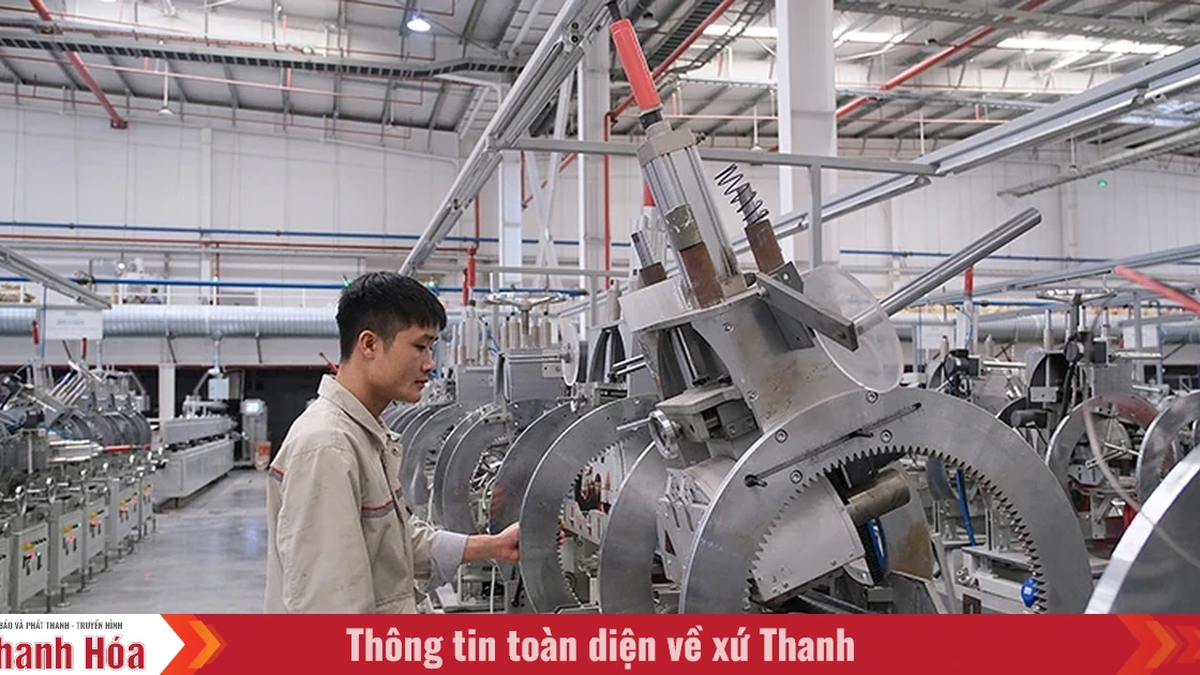
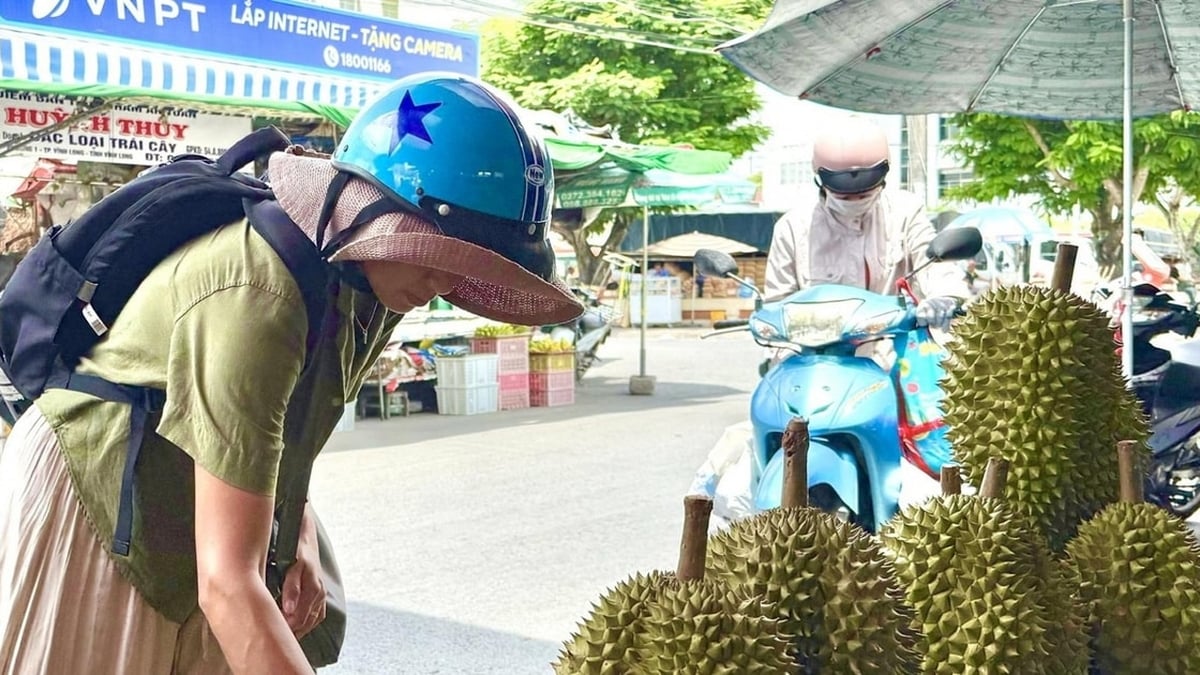
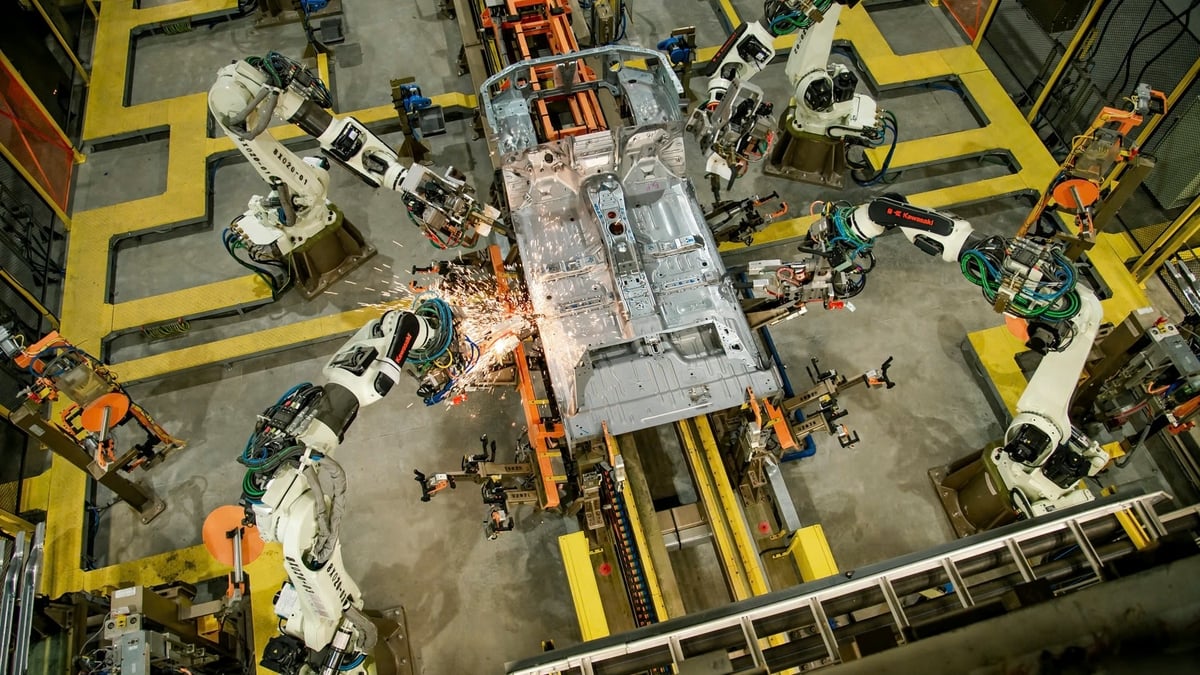
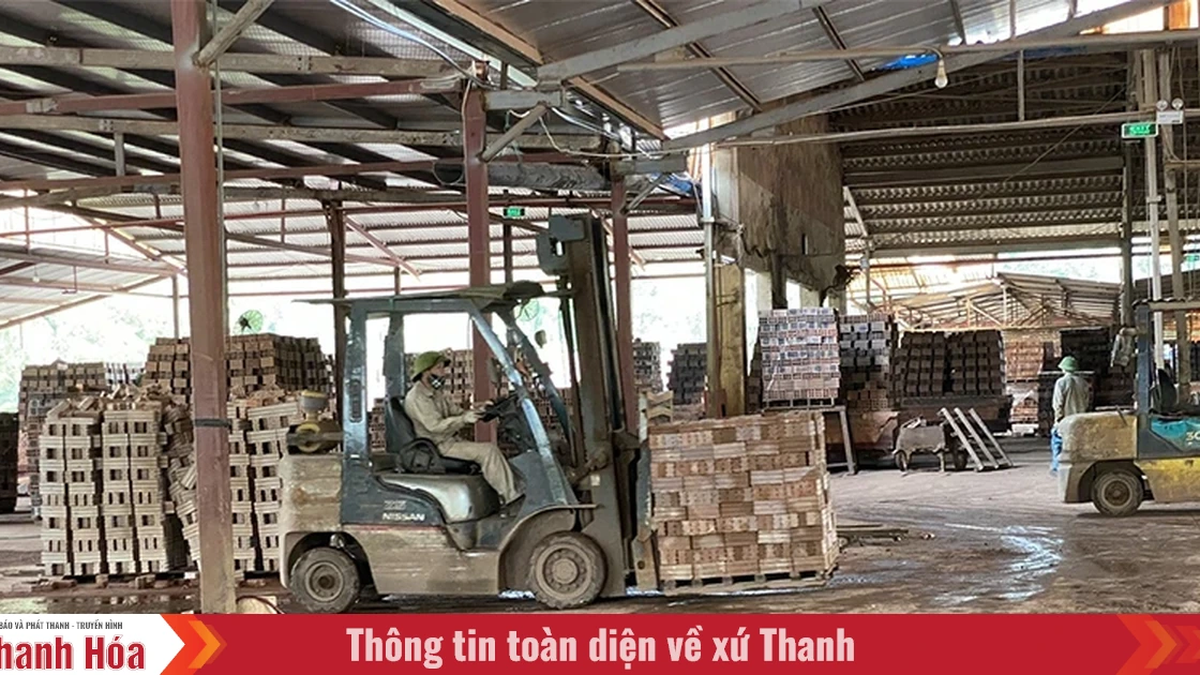
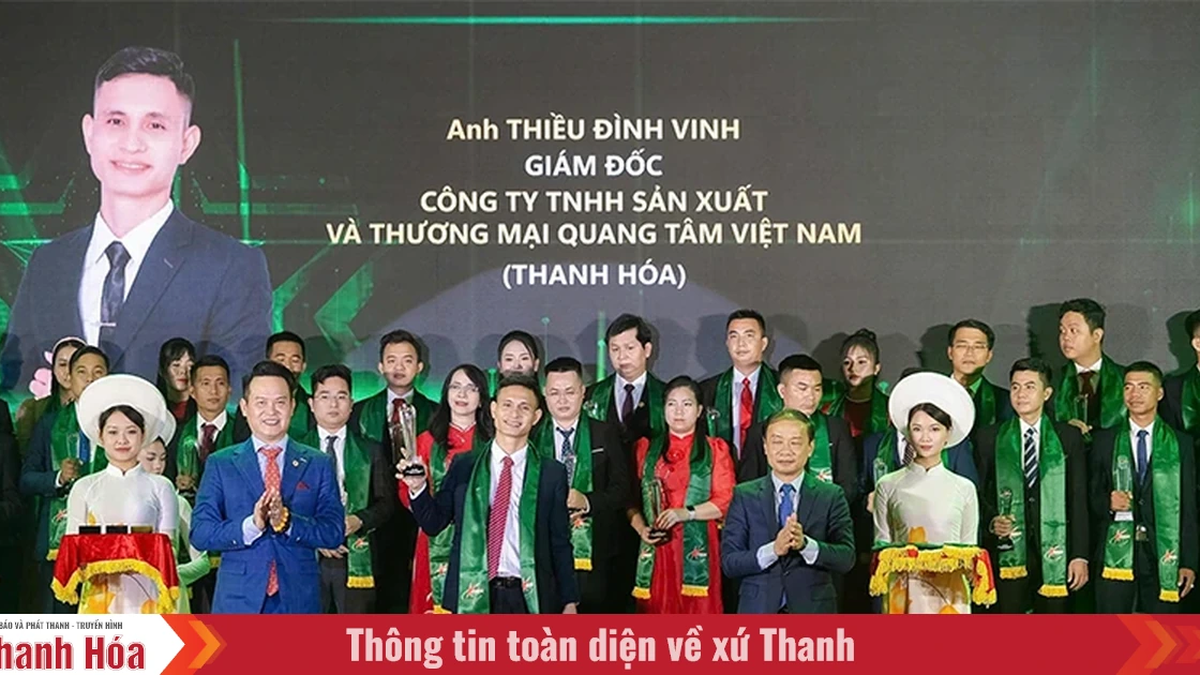
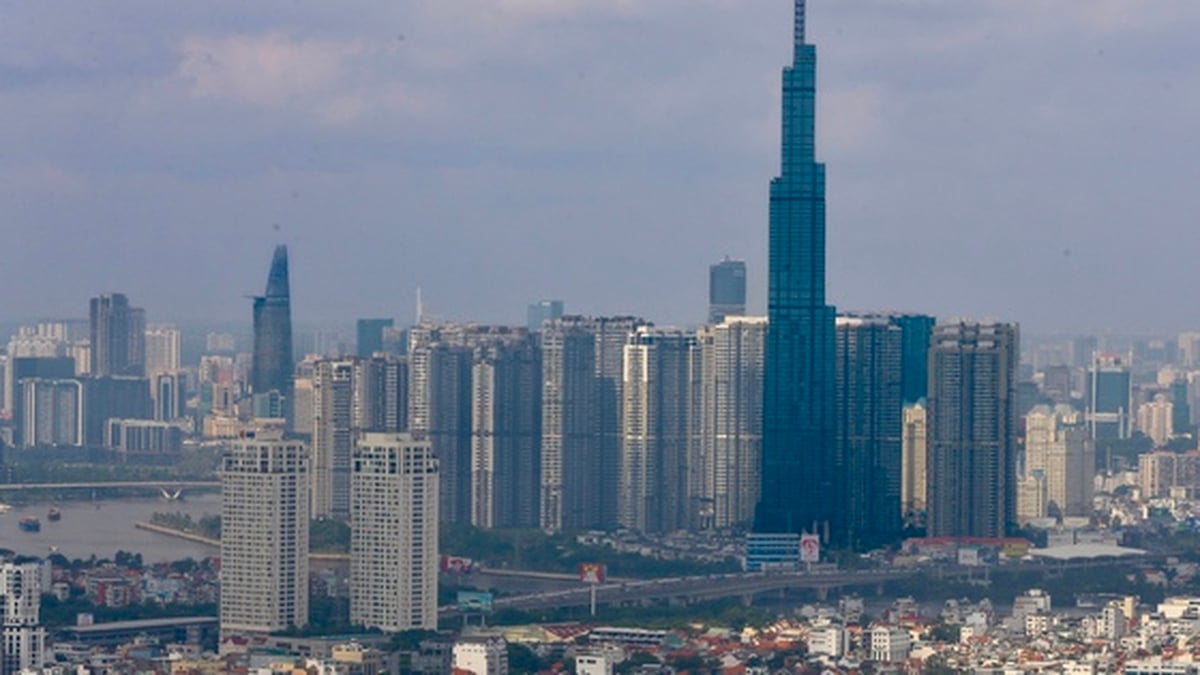
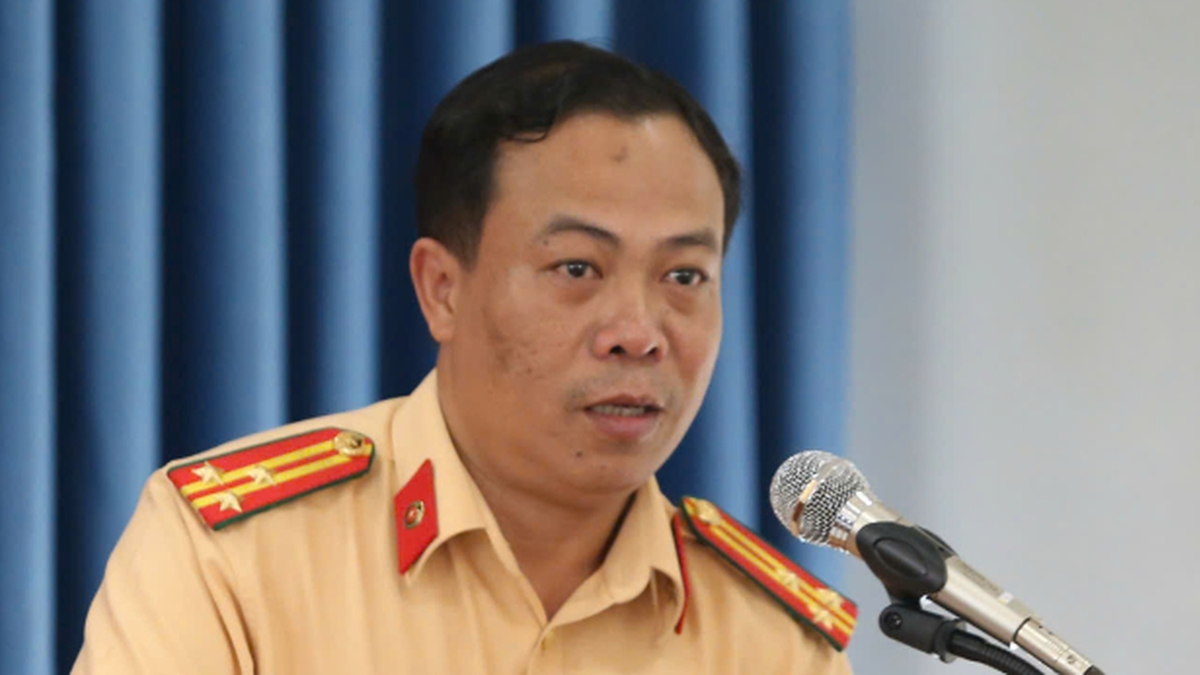
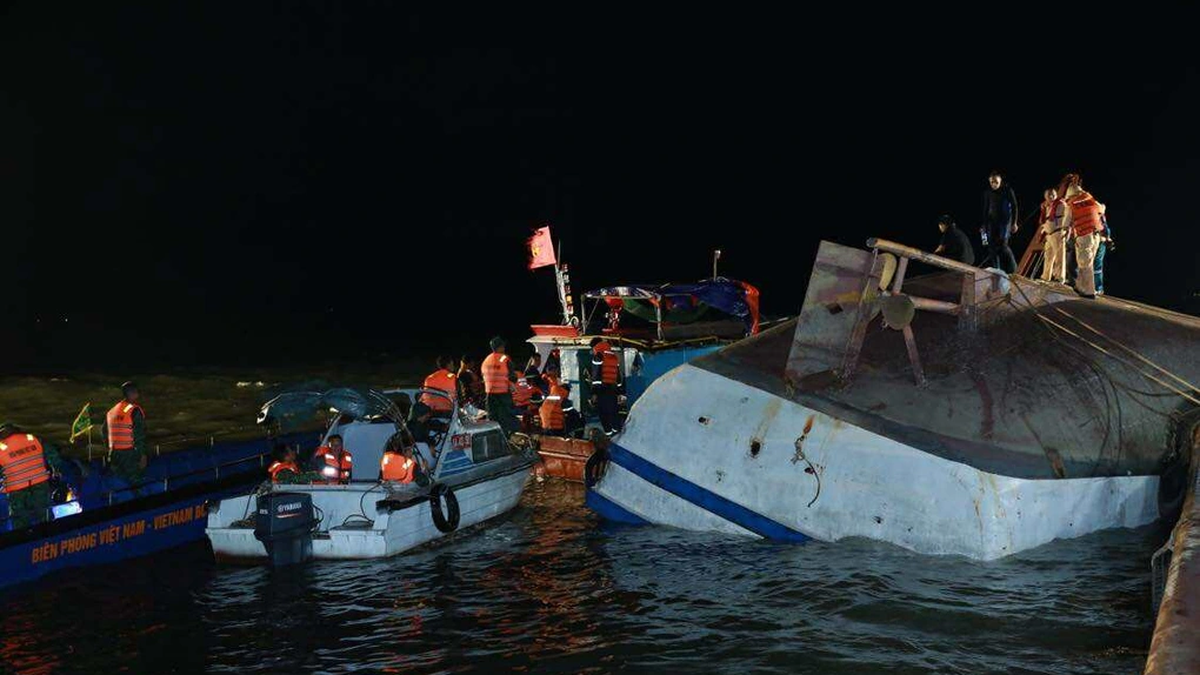





















![[Photo] National Assembly Chairman Tran Thanh Man visits Vietnamese Heroic Mother Ta Thi Tran](https://vphoto.vietnam.vn/thumb/1200x675/vietnam/resource/IMAGE/2025/7/20/765c0bd057dd44ad83ab89fe0255b783)




























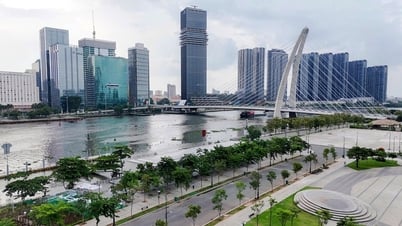


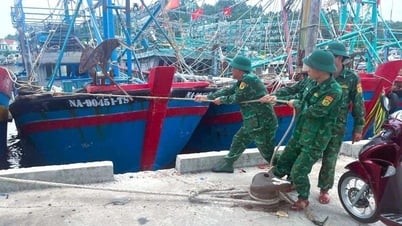
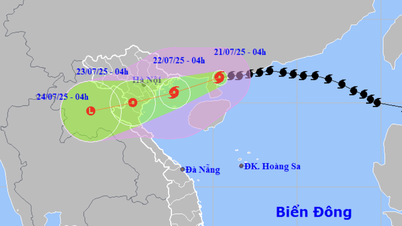
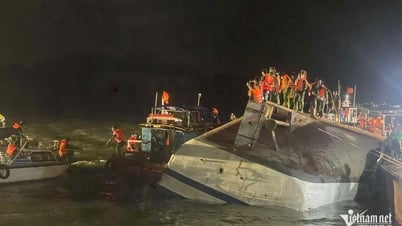































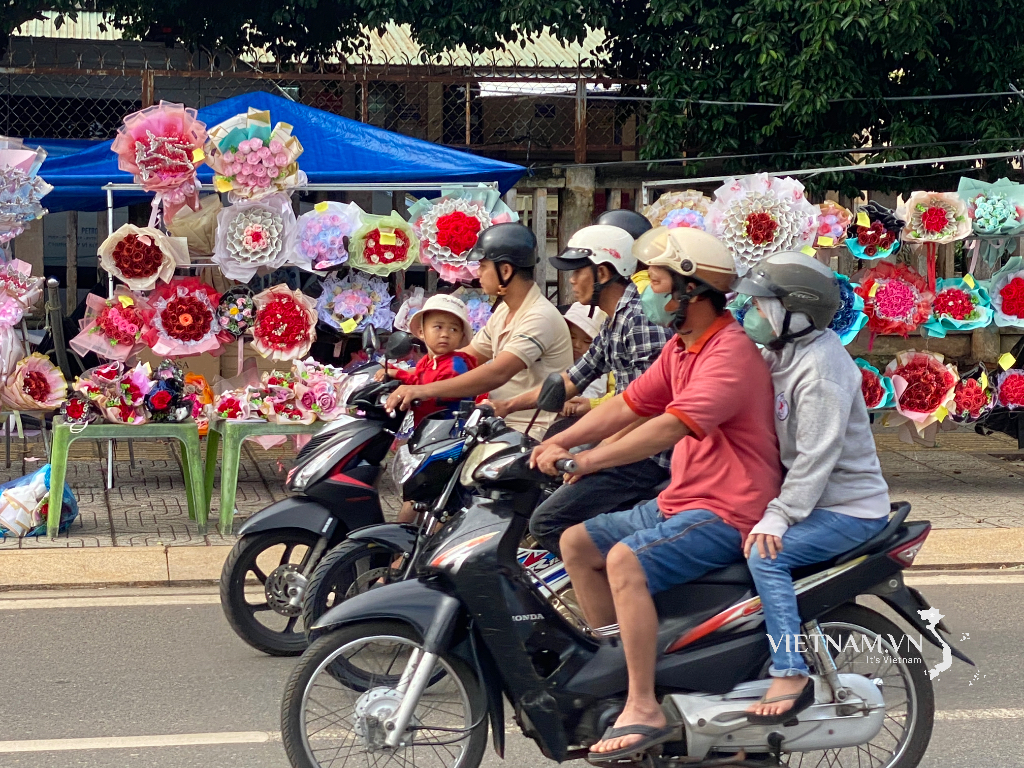
Comment (0)